Despite being in Bulgaria’s poorest region, the North-West, Vratsa Province ranks among the top three in the country for economic development. According to 2023 data from the National Statistical Institute (NSI), it shares third place with Varna on the Black Sea coast, trailing only Sofia and Stara Zagora, with a GDP per capita of €13,805. This figure could rise significantly with effective municipal policies.
As the following interview illustrates, cultural tourism is central to this strategy. Investment in cultural events is proving to be a crucial step towards prosperity in Vratsa, supported by the region’s natural assets, historical sites, and cultural landmarks.
During the annual cultural tourism exhibition in Veliko Tarnovo in October, Vratsa’s Deputy Mayor for Culture, Alexander Vladimirov, revealed that the municipality had organised 80 cultural events in the first nine months of the year. The interview explores how a medium-sized municipality, with just over 66,000 residents, manages to organise such a rich cultural programme.
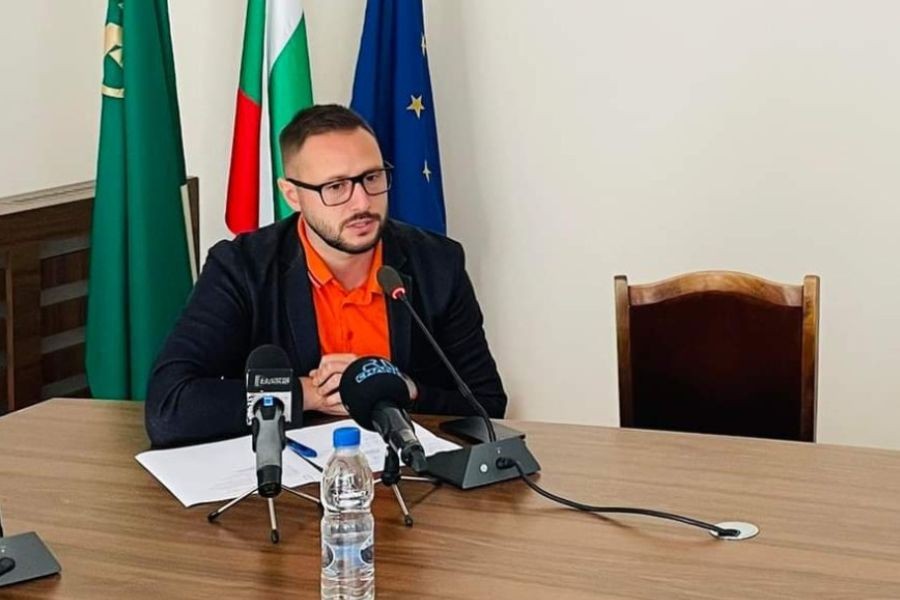
“We decided to fundamentally revise the municipality’s budget for this year, which allowed us to quadruple the allocation for culture, fully aware that it might provoke dissatisfaction among some residents of Vratsa,” Deputy Mayor Vladimirov told Radio Bulgaria. “We are far from suggesting that all the city’s problems in infrastructure, transport, healthcare, and education are solved in order to free funds for culture. We continue to invest in all these areas, but we felt this was an important step in helping the economy of our city and region develop. The key is tourism and culture — attracting new visitors who will come and enjoy the city.”
The results have been swift. Data from the Unified Tourism Information System show an increase in foreign tourists, as well as visitors from Sofia, Plovdiv, Varna, Burgas, Veliko Tarnovo, and Ruse — people who had not previously visited the city for tourism purposes. Vladimirov takes pride not only in these achievements but also in Vratsa’s increasingly positive media image.
One of the cultural institutions driving this success is the Vratsa Symphony Orchestra, also known as the Simphonieta-Vratsa, led by Maestro Christo Pavlov.
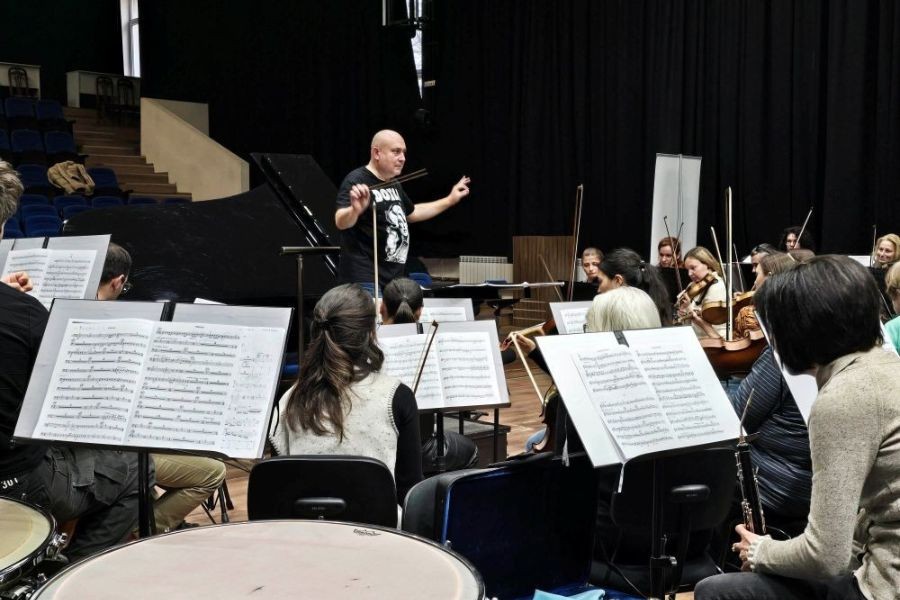
“The Vratsa Symphony Orchestra is not just a good orchestra; it is one of the best in Bulgaria today. Hristo Pavlov has revived something that, 10–15 years ago, was on the verge of disappearing. I remember that, in 2009–10, there were discussions about disbanding the orchestra. Then, seemingly out of nowhere, this dedicated individual appeared, working tirelessly day after day. Today, the orchestra includes performers from different countries who are passionate about their work. This year, the municipal council allocated them a floor in a building of cultural heritage, where they have set up a music school. They now offer free lessons to Vratsa residents interested in learning to play instruments.”
Vladimirov emphasises that the orchestra's success is largely thanks to its dedicated and hard-working musicians.
“Our job is to support them in any way we can. If we can’t do that, then, as we joke with our colleagues, we should at least not get in their way. The initiative of people from Vratsa and the region should be encouraged, and that is what we do,” Deputy Mayor Vladimirov said.
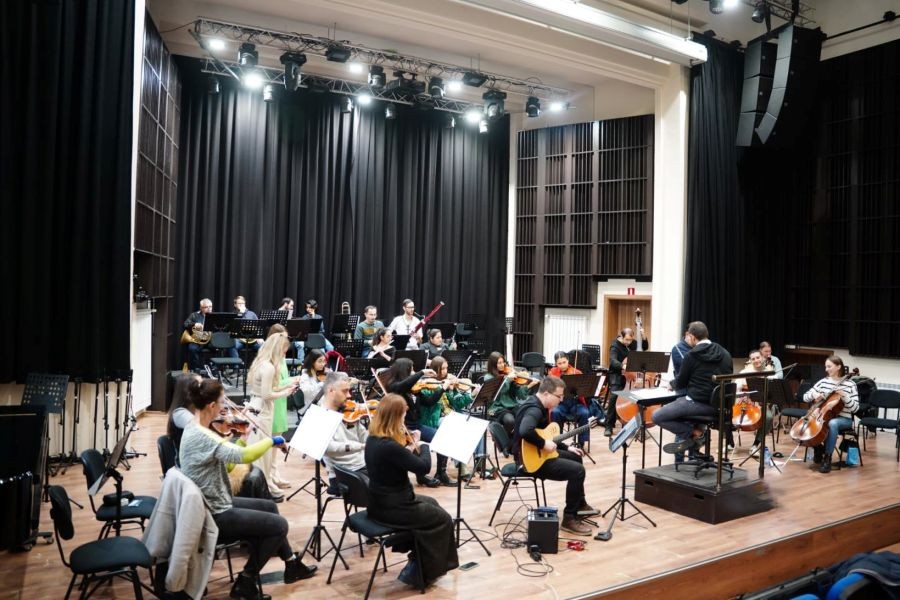
The activities of the Vratsa Symphony Orchestra also exemplify something equally important — tolerance.
“Against the backdrop of military conflicts and other troubling events around the world, one way to prevent such divisions is to invest in culture. Our orchestra includes Russians, Ukrainians, and Americans, who work together seamlessly through the universal languages of music and art. Fortunately, these are far more powerful than the language of bullets,” Vladimirov explained.
In line with this approach, the municipality is developing another initiative to boost tourism: weekends celebrating different nationalities and their cultures.
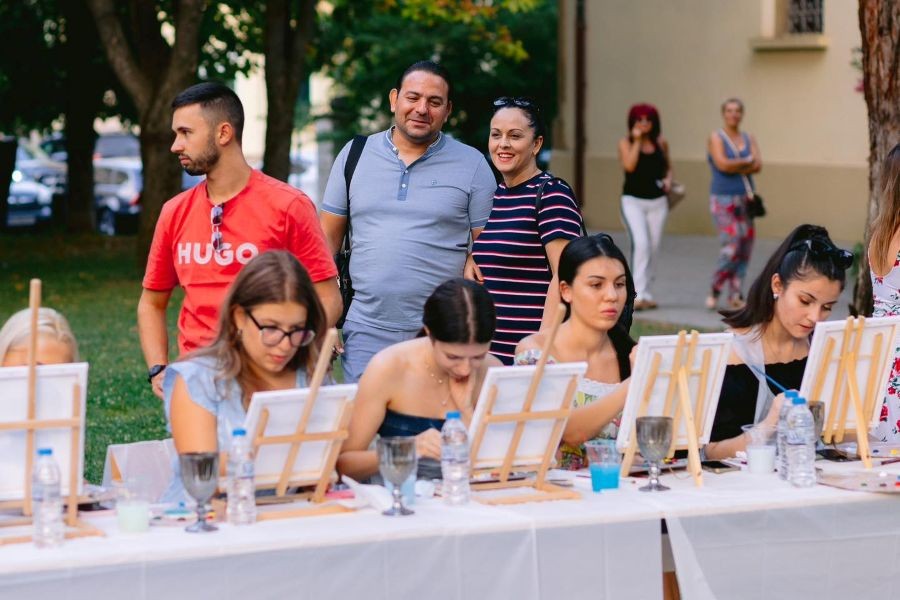
“We organise these in partnership with local businesses, for which I am extremely grateful, as well as with the diplomatic missions of various countries in Bulgaria. So far, we have hosted weekends dedicated to Italy, Greece, Spain, France, and Germany, with more planned. Most businesses in the city actively participate by decorating their venues and adjusting their menus to reflect the featured country’s cuisine and culture. Children from local kindergartens and schools perform concerts and shows throughout the city, and farmers’ markets showcase traditional specialities during the day. The evening concludes with a performance by a popular musician from the respective country.”
Vladimirov emphasises that none of this cultural diversity comes at the expense of preserving and promoting Bulgarian culture. He points to one of the municipality’s largest folk events as an example: the National Folklore Festival ‘Ledenika’, held at the height of summer.
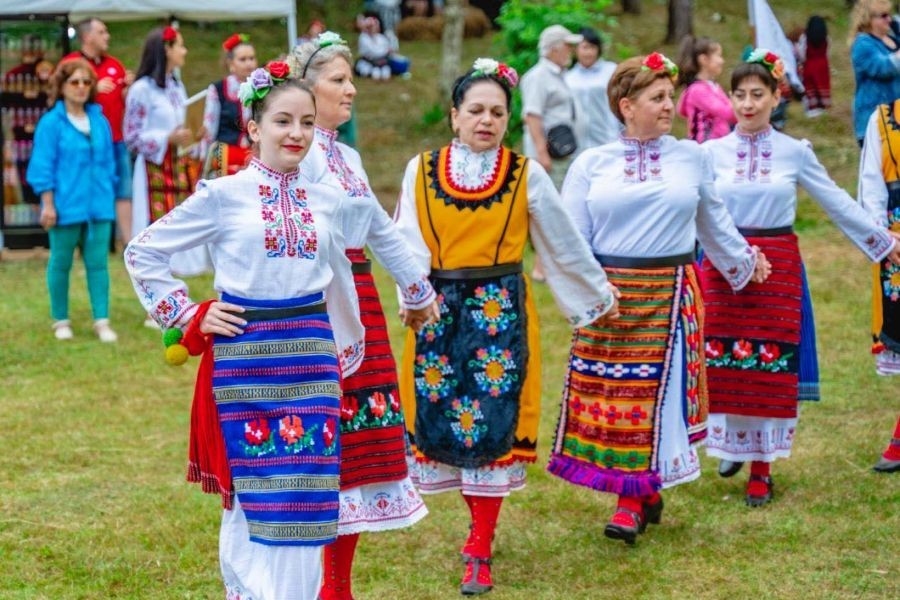
“On the second day, in addition to a rich folklore programme showcasing various customs and crafts, we organise a traditional Bulgarian wedding,” explains Mr Vladimirov. “The mayor of the city, dressed in traditional costume, will marry a young couple who have chosen to start a Bulgarian family. Everyone wears traditional attire, and food and drinks are served in specially prepared vessels. Thanks to the city's Historical Museum, we can recreate all the rituals associated with a typical northern Bulgarian wedding. We perform the ceremony on stage for the audience and continue the celebrations late into the evening.
Further reading:
Photos: Municipality of Vratsa, BTA, Facebook /Municipality of Vratsa, Facebook /Vratsa Symphony, Yordan Nedyalkov
Italy investigates claims of hunting of people in Sarajevo in the 1990s The prosecutor's office in Milan has launched an investigation into shocking reports of organized "sniper safaris" in Bosnia during the war in..
Albania and Bulgaria have joined forces in the name of one more child being born. In the late afternoon of November 7, the first-ever free reproductive medicine checkups, led by Bulgarian specialists, began in the Albanian town of Korçë — a region..
A Bulgarian-designed electric vessel has gained international recognition , reaching the final round of the prestigious Gussies Electric Boat Awards 2025 . The awards celebrate the world’s most innovative and sustainable electric boats and yachts,..
The project “The Charisma of Bulgarians” is, in essence, a bridge between different worlds . With it, Dimitrinka Yordanova Komanduci - psychologist,..
Bulgarian artists will take part in the festive Christmas concert in Stockholm , organised with the European Commission's representation and embassies ,..

+359 2 9336 661
